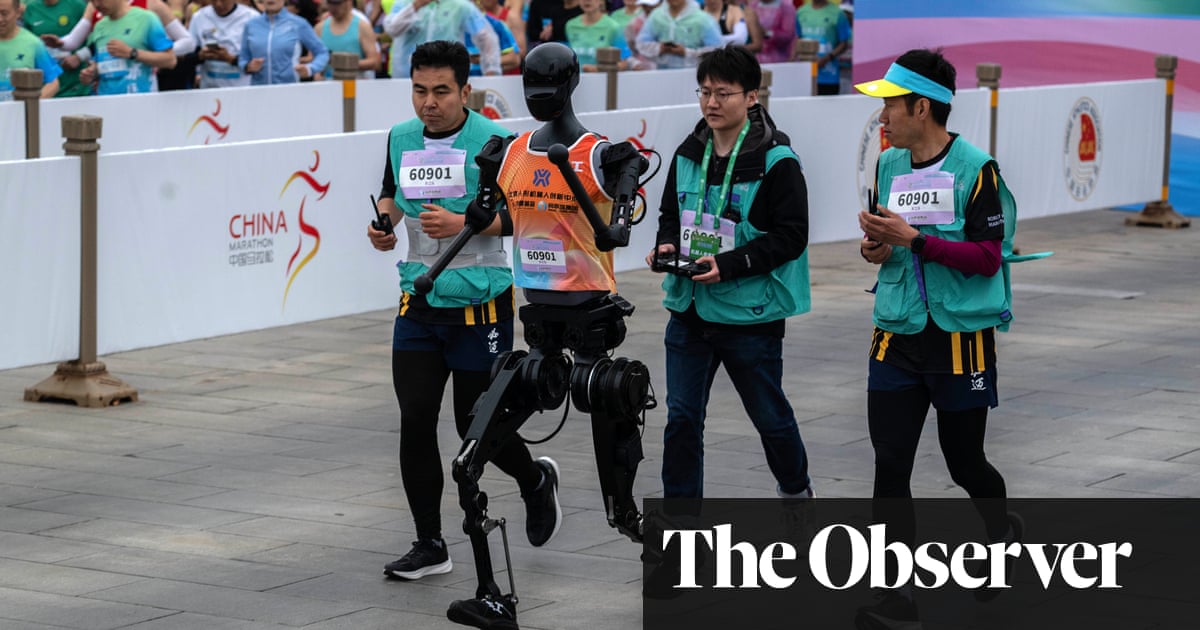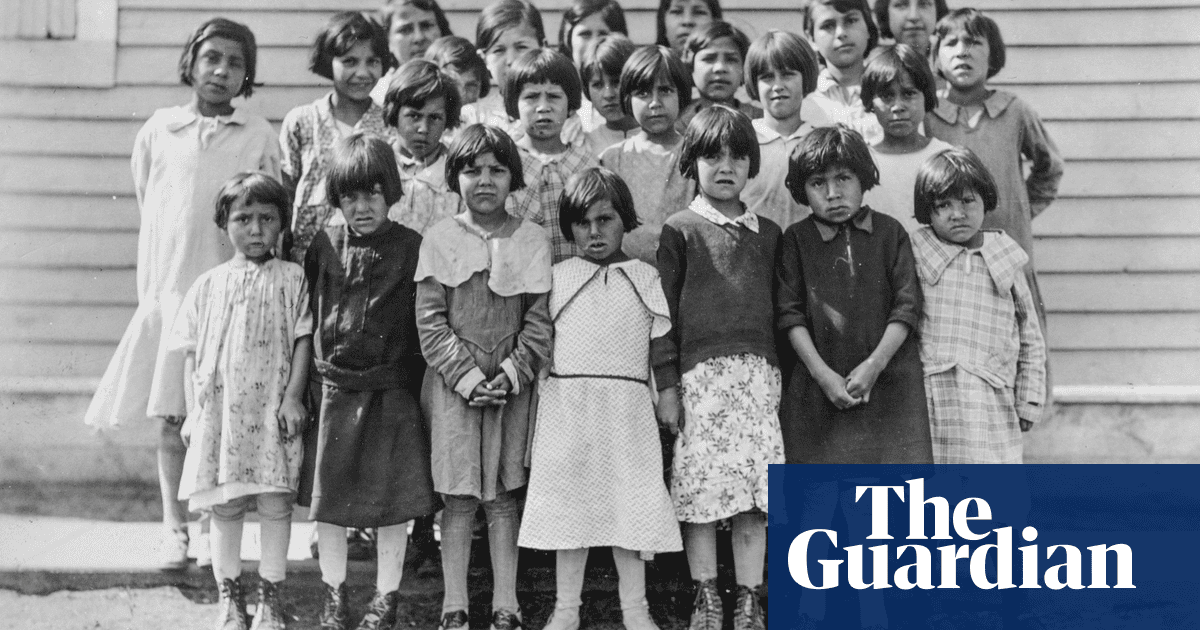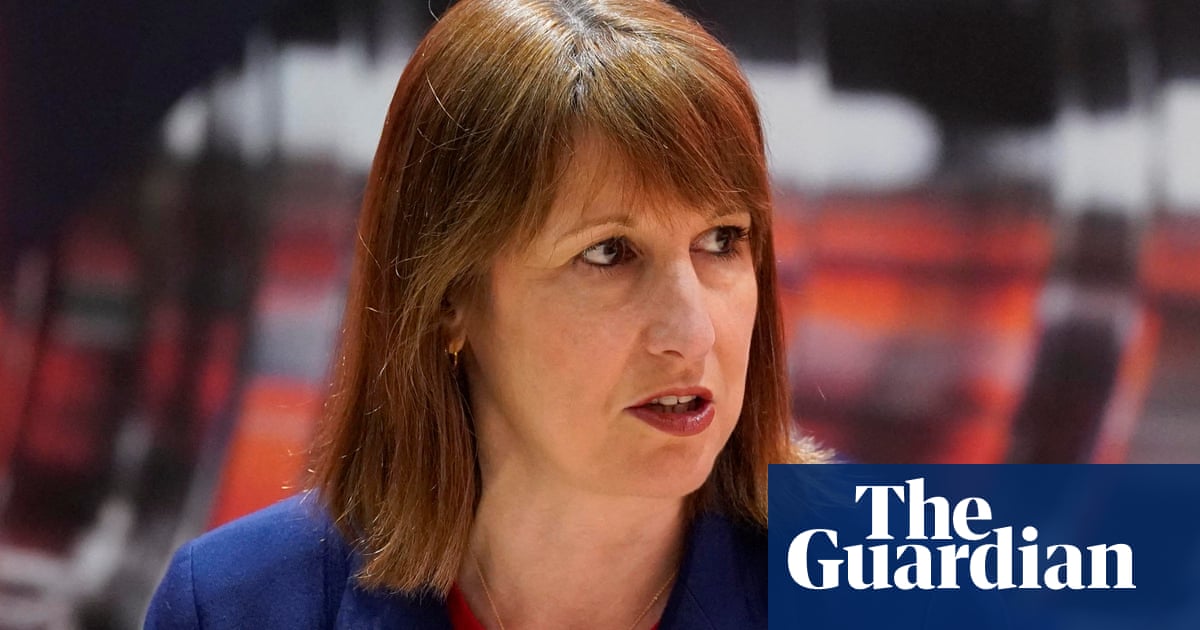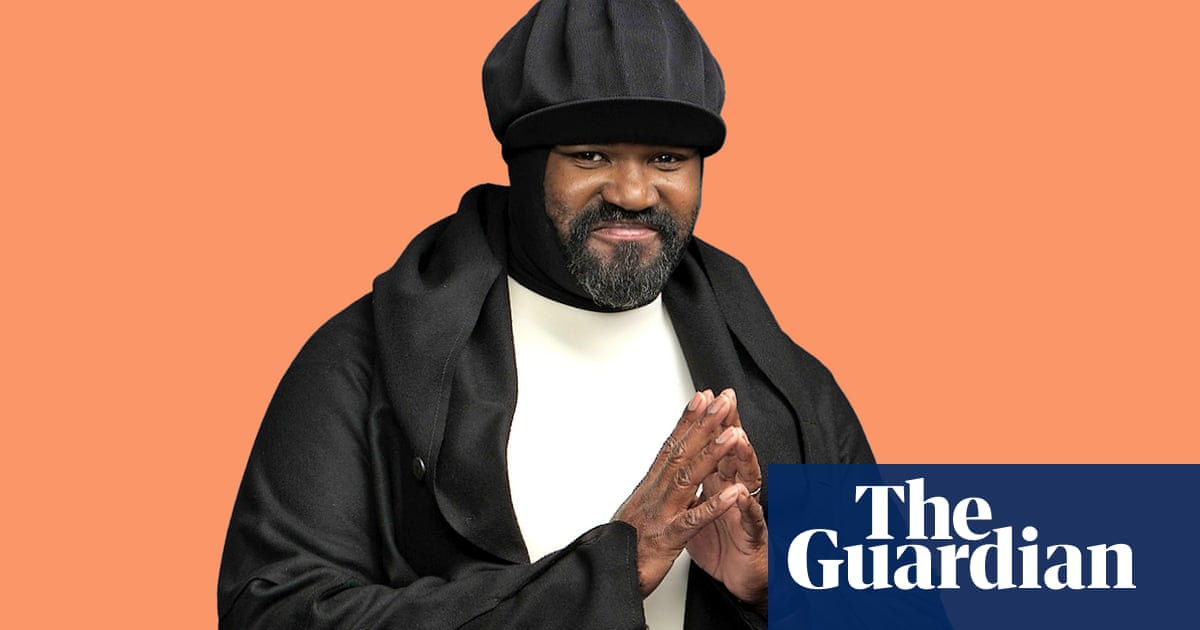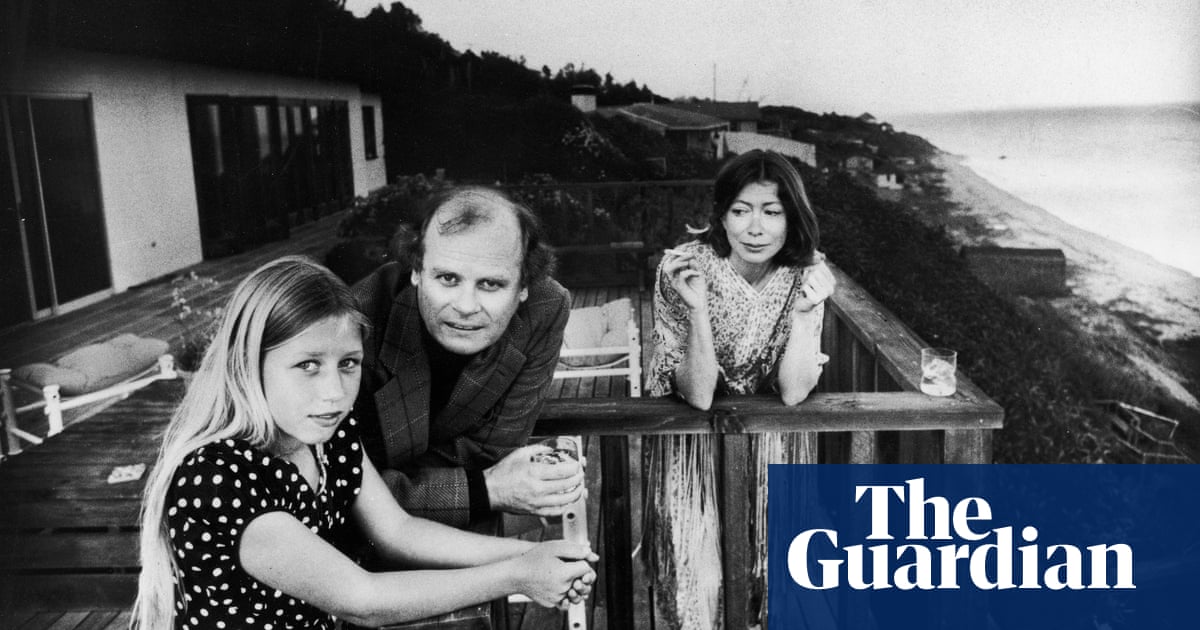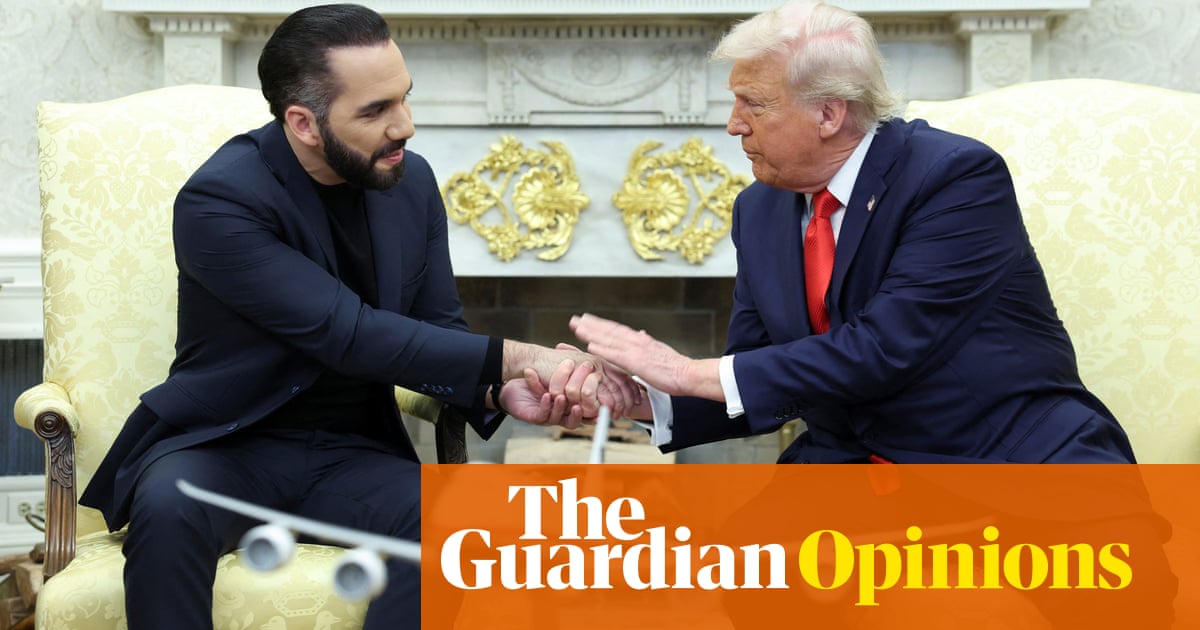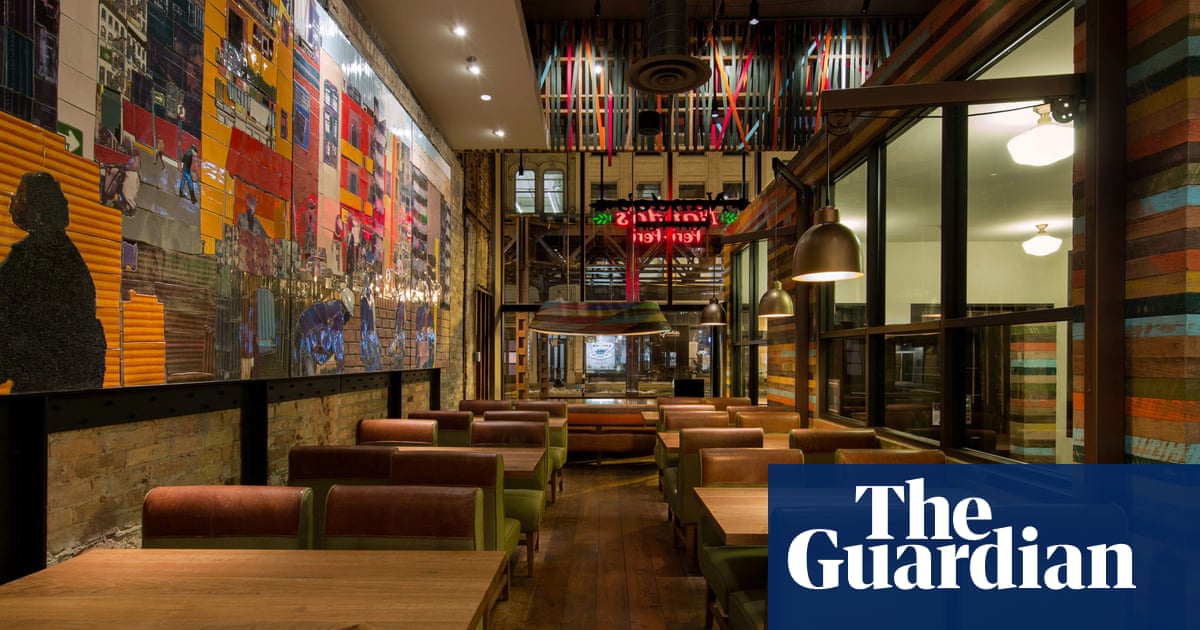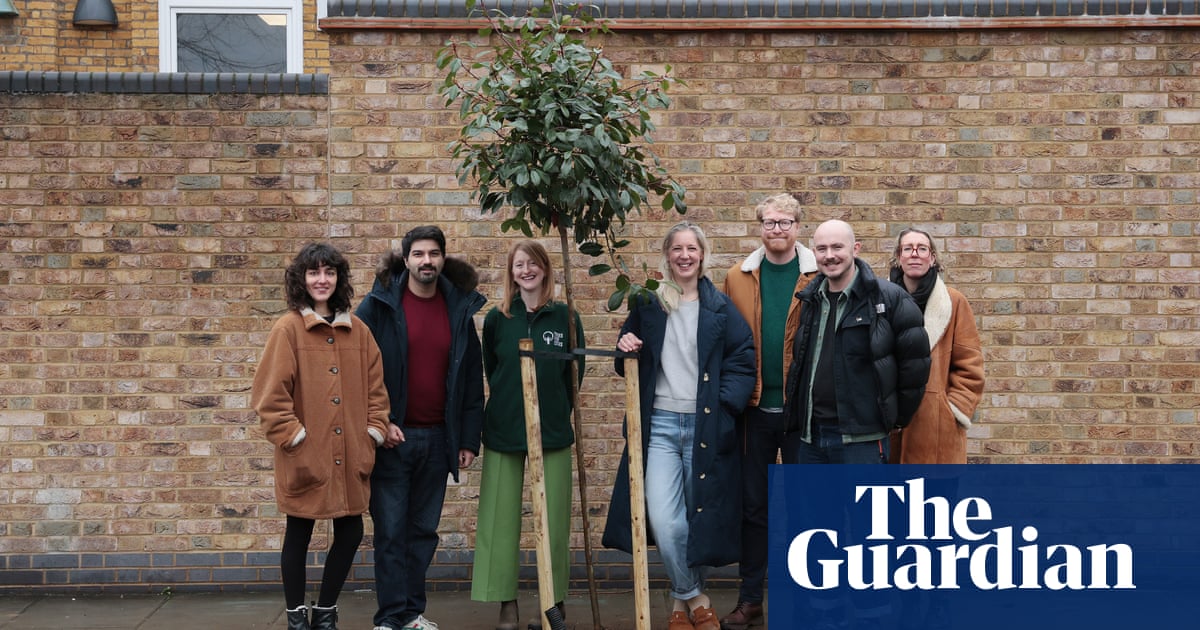Taleb al-Abdulmohsen, the alleged perpetrator of the horror attack on the Christmas market in Magdeburg, does not, Germany’s interior minister, Nancy Faeser, observed, “fit any existing mould”. He had acted in “an unbelievably cruel and brutal manner, like an Islamist terrorist, though he was clearly ideologically hostile to Islam”.
Faeser is not alone in her confusion about how to understand Abdulmohsen.
Born in Saudi Arabia, Abdulmohsen came to Germany in 2006 for psychiatric training before applying for asylum. Describing himself as “the most aggressive critic of Islam in history”, he excoriated German immigration policy for being insufficiently wary of Muslim asylum seekers, becoming an advocate for the far-right AfD. The former German chancellor Angela Merkel’s “open borders policy”, he claimed, was an attempt “to Islamise Europe”.
How could someone so hostile to Islam carry out a murderous act so redolent of Islamist terror? For many on the right, especially those in the habit of regurgitating anti-Muslim bigotry, the answer was simple: whatever the evidence, Abdulmohsen is an Islamist. Many accused him of practising “taqiyya”, or deception, and the authorities of being “in denial”. Others saw his views as irrelevant. Being a foreigner, and from a Muslim-majority country, was sufficient to condemn him as a deadly threat.
Perhaps the best way to begin making sense of the seemingly inexplicable horror of the attack, and the all too predictable responses, is as the intersection of two developments: the changing character of terrorism and the rise of “anti-politics” – the sense that all those in power are mendacious, corrupt and hostile to the needs of ordinary people. And a good place to begin understanding that intersection is in the work of the French sociologist Olivier Roy.
A leading thinker on contemporary radical Islam, Roy has long been critical of conventional theories of how young Muslims in the west get radicalised. Abdulmohsen was not a jihadi, whatever the conspiracy-mongers may say; nevertheless, understanding western jihadism may help throw light on his actions.
To understand radical Islam, Roy insists, we need not a “vertical” but a “transverse” grasp of the issue; to view it not just in terms of Islamic history or theology but also in comparison to other forms of contemporary identity movements and political radicalisation.
What initially drives most wannabe jihadis is rarely politics or religion but a search for something less tangible: identity, meaning, belongingness. There is nothing new in the youthful search for identity and meaning. What is different is that we live today in more atomised societies and in an age in which many feel peculiarly disengaged from mainstream social institutions.
In the past, social disaffection might have led people to join movements for political change. Today, most such organisations have disintegrated or seem out of touch. What gives shape to contemporary disaffection is the politics of identity, which invites individuals to define themselves in increasingly narrow ethnic or cultural terms. A generation ago, “radicalised” Muslims might have been more secular in their outlook, their radicalism expressed through political campaigning. Now, many vent their disaffection through an intensely, often murderously, tribal vision of Islam. The key question, Roy suggests, is less about “the radicalisation of Islam” than about “the Islamisation of radicalism”.
In this process, an already degenerate ideology has degenerated even further, jihadism often transmuting in Europe into “an extension of inner-city gangs” and leading to the emergence over the past decade of “low-tech” terrorism, in which everyday objects such as knives and cars become wielded with murderous intent. The line between ideological violence and sociopathic rage has been all but erased.
This takes us to the second significant development: the rise of “anti-politics”.
In his influential 1989 essay, The End of History, Francis Fukuyama suggested that the west’s victory in the cold war had brought ideological struggle to a close. “Idealism”, he wrote, “will be replaced by economic calculation” and the “endless solving of technical problems”.
Politics in the post-cold-war world did indeed become less about competing ideologies than a debate about how best to manage the existing political order. This was the age of neoliberalism undergirded by a consensus that there was no alternative to liberal democracy, free-market economics and globalisation.
after newsletter promotion
What Fukuyama underestimated, though, was the significance of politics and of collective ideals. “Economic calculation” and “the endless solving of technical problems” have not, and cannot, replace “ideological struggle”. He also overestimated the ability of the authorities to solve the technical problems or improve the lives of their citizens.
The financial collapse of 2008 spawned a resurgence of political protest and populist challenges to established authority. From Tunisia to Chile, from Brazil to Hong Kong, there were, Vincent Bevins suggests in If We Burn, his history of the 2010s, more people involved in protests worldwide than ever before. And yet little seemed to change. Anger without change has led to a growing sense that politics itself is the problem.
We may never know Abdulmohsen’s motives, or his state of mind as he unleashed his carnage, but somewhere on his political journey, he seems to have transposed his hatred of Islam into a hatred of Germany for being insufficiently hostile to Islam. His sense of being ignored by the political authorities may have drawn him into an act of nihilistic violence that, like much similar violence, may be inexplicable in rational terms but is expressive of an anti-politics age, and rooted in the idea of protest as spectacle, often terrible, murderous spectacle. “Is there a way to justice in Germany without… indiscriminately massacring German citizens?” he asked in a striking recent social media post. He had been “looking for this peaceful path” but “not found it”.
The insistence that Abdulmohsen must be an Islamist and that “mass immigration is killing Europe” also emerges from the politics of anti-politics. It is not just Muslims who are socially disengaged and whose disaffection is shaped by a narrow sense of identity. Many within white working-class communities are equally disengaged and angry, and also often view their problems through an identitarian lens, opening the way for far-right advocates to shape anger in bigoted ways. This summer’s riots in England showed how quickly disaffection can become warped and directed against Muslims and migrants.
Wannabe jihadism, racist populism and individual acts of nihilistic terror can seem disconnected phenomena but all are in very different ways expressions of disaffected rage while trapped within the cage of identity in an age of anti-politics.
Kenan Malik is an Observer columnist
-
Do you have an opinion on the issues raised in this article? If you would like to submit a letter of up to 250 words to be considered for publication, email it to us at [email protected]

 3 months ago
51
3 months ago
51






